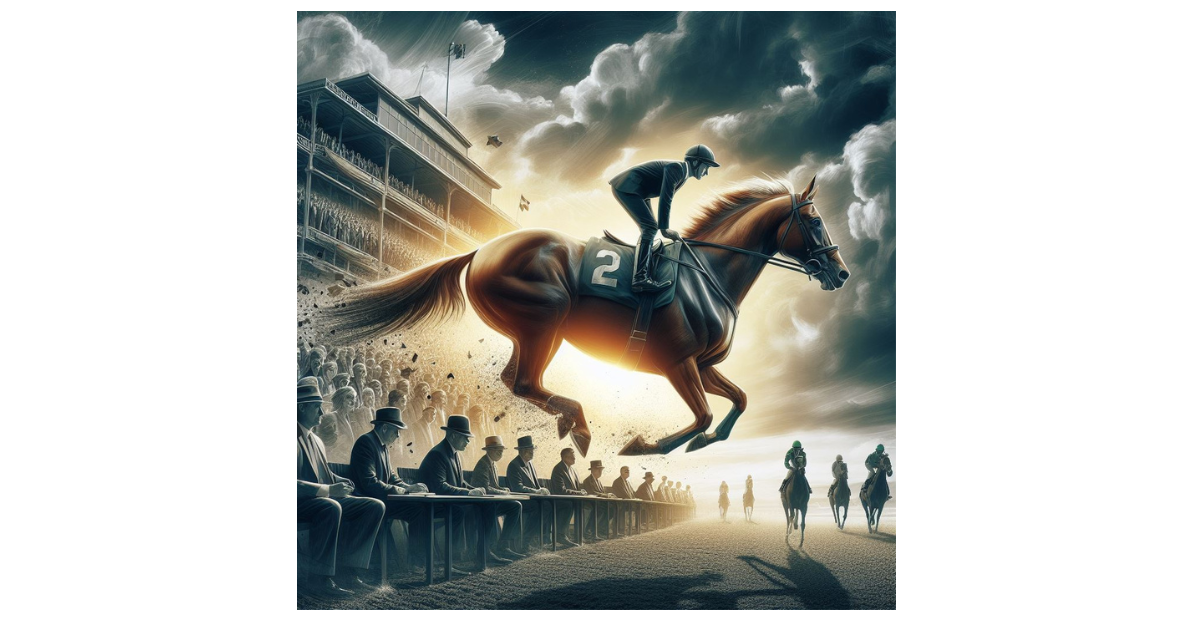Key Factors to Consider Before Betting on a Horse
When considering betting on a horse, it is crucial to thoroughly study the horse’s past performances. By examining how the horse has fared in previous races, you can gain insights into its strengths, weaknesses, and overall potential. Pay close attention to factors such as finishing positions, speed figures, and consistency in performance to make informed decisions.
Additionally, analyzing the history of the jockey and trainer is essential in predicting a horse’s performance. The experience and track record of the jockey can greatly influence the outcome of a race, as their skills and tactics play a significant role in guiding the horse to victory. Similarly, the trainer’s expertise and success rate can provide valuable indicators of how well-prepared the horse is for the upcoming race. By considering these key factors, you can make more educated bets and increase your chances of a successful outcome.
The Importance of Studying the Horse’s Past Performances
Studying a horse’s past performances is a crucial aspect of handicapping before placing any bets. By reviewing a horse’s previous races, bettors can gain valuable insights into its capabilities, strengths, and weaknesses. Analyzing factors such as finishing positions, speed figures, and running styles can help in predicting how well a horse may perform in an upcoming race.
Furthermore, examining a horse’s past performances can provide bettors with a better understanding of its consistency and form. Consistent runners with a history of placing well in races are more likely to maintain their form and perform strongly in future races. On the other hand, horses that have shown inconsistency or a decline in performance may not be reliable bets. Therefore, delving into a horse’s past performances allows bettors to make more informed decisions when selecting their picks for a race.
Analyzing Jockey and Trainer History
When assessing a horse’s chances in a race, it is essential to consider the history and track record of both the jockey and the trainer. The jockey’s skill and experience play a crucial role in guiding the horse to victory, so evaluating their past performances can provide valuable insights into their capabilities. A successful jockey with a winning mindset can greatly enhance a horse’s chances of crossing the finish line first.
Similarly, the trainer’s expertise and training methods can significantly impact a horse’s performance on race day. By examining the trainer’s history, including their win percentage, training style, and track record in specific race conditions, you can gain a better understanding of how well-prepared the horse is for the upcoming race. A skilled trainer who has a proven track record of success can instill confidence in both the horse and the jockey, setting the stage for a successful race day.
Understanding Track Conditions and Distance Preferences
Horse racing enthusiasts know that track conditions and distance preferences play a crucial role in determining a horse’s performance on race day. The track conditions refer to the state of the racing surface, whether it is firm, muddy, or sloppy. Each horse has preferences for certain track conditions based on its running style and physical attributes. A horse that excels on a firm track may struggle on a muddy surface, so it’s essential to consider this factor before placing bets.
Similarly, understanding a horse’s distance preferences is key to predicting its chances of success in a race. Some horses are better suited for sprint distances, while others thrive in longer races. By analyzing a horse’s past performances at different distances, bettors can gain insight into its strengths and weaknesses. Factoring in track conditions and distance preferences can give bettors a competitive edge when selecting winners at the racetrack.
Looking at the Horse’s Recent Form and Workouts
When analyzing a horse’s recent form, it is crucial to look beyond just the wins and losses. Pay attention to the type of races the horse has been competing in, the level of competition, and the margins of victory or defeat. A consistent top-three finisher is often more reliable than a horse that has sporadic wins.
In addition to recent form, keeping an eye on the horse’s workouts can provide valuable insights into its current fitness level and readiness to compete. Pay attention to the timings of the workouts, the distances covered, and any comments from trainers or exercise riders. A horse that has been putting in strong, consistent workouts leading up to a race is more likely to perform well on race day.















